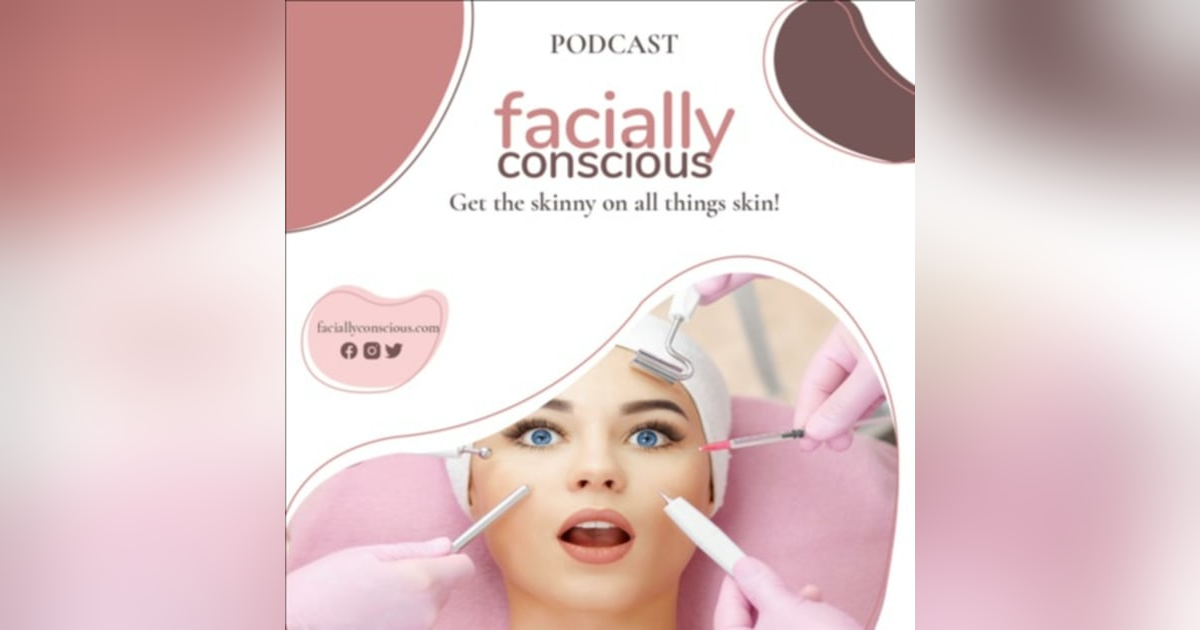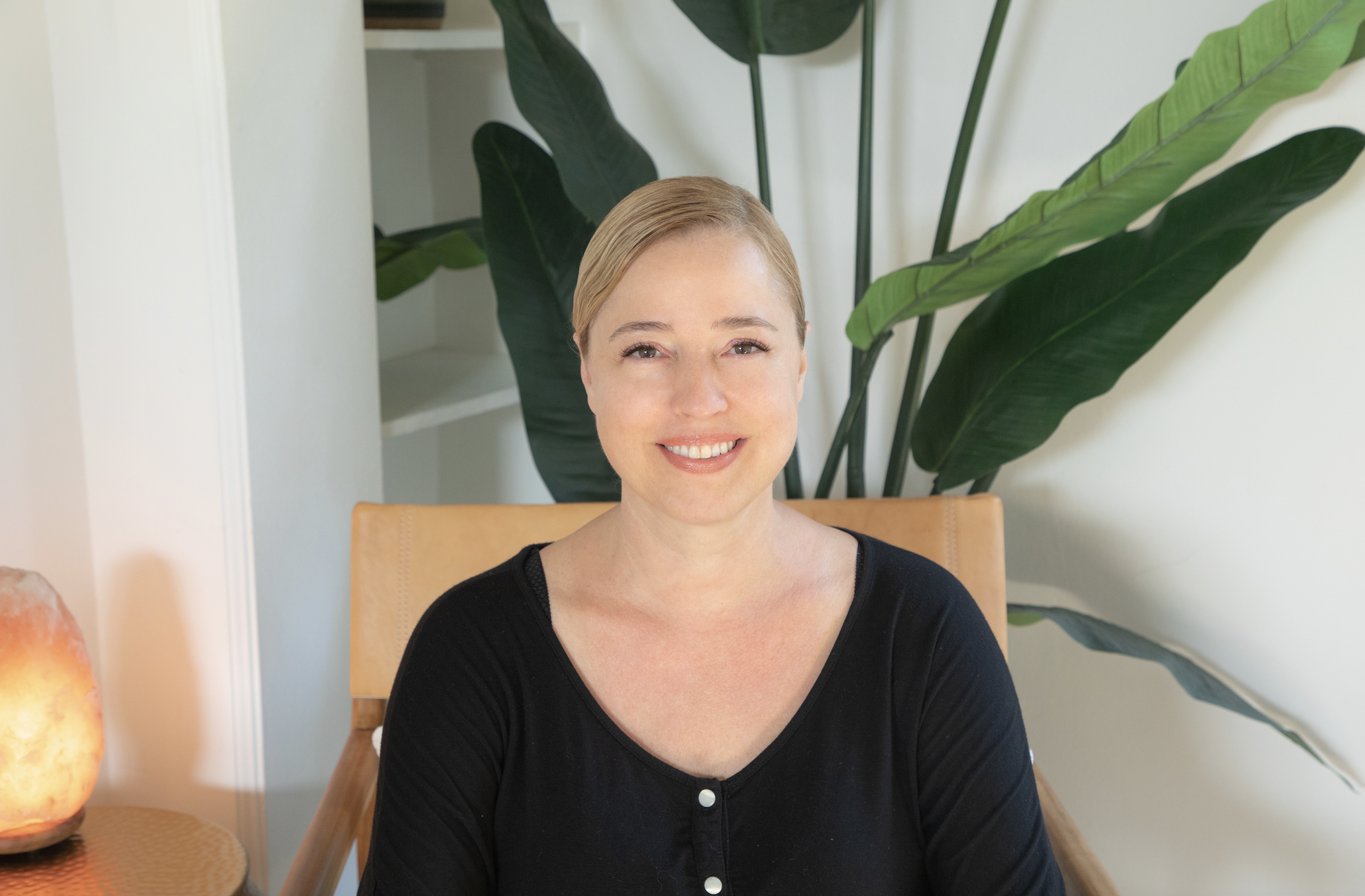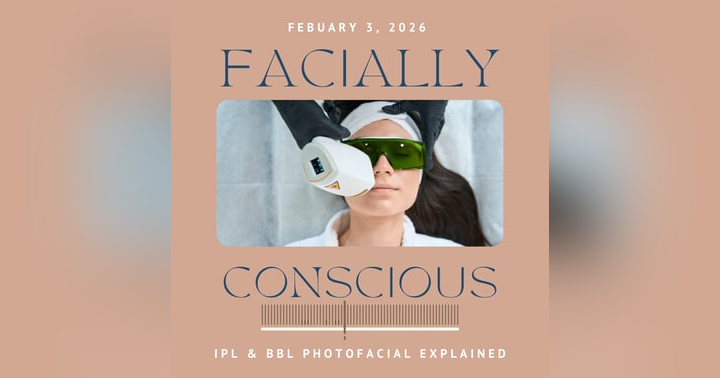Breaking Out: Understanding the Differences Between Teenage and Adult Acne

Breaking Out: Understanding the Differences Between Teenage and Adult Acne
Acne affects millions of people worldwide, from teenagers experiencing their first breakouts to adults dealing with persistent skin issues well into their 30s, 40s, and beyond. On a recent episode of the Facially Conscious Podcast, hosts Trina Renea (Medically Trained Master Esthetician), Dr. Vicki Rapaport (Board-Certified Dermatologist), and Rebecca Gadberry (Skincare Scientist) tackled the complex topic of teenage versus adult acne, offering valuable insights for anyone struggling with breakouts.
You Don't Have to Live with Acne
The episode began with an important reminder: you don't have to live with acne. Trina emphasized, "There are treatments out there that can help." Whether you're a teenager or an adult, professional help from dermatologists and estheticians can make a significant difference in managing and treating acne. This is especially crucial if scarring has begun, as acne scars can be much more challenging to address than the acne itself.
What Defines Adult Acne?
Dr. Rapaport defined adult acne as "acne in somebody who is above 25 years old." Contrary to popular belief, adult acne isn't limited to the chin and lower face (though it commonly appears there). It can affect the chest, back, and other areas. The key distinction is the age of onset or persistence, not necessarily the location or type of breakouts.
Adult acne disproportionately affects women more than men, mainly due to hormonal factors. Women experience fluctuating hormone levels throughout their menstrual cycles, pregnancy, and menopause. Changes in birth control methods can also trigger breakouts. As Dr. Rapaport explained, these hormonal shifts stimulate oil glands to produce excess sebum, which can lead to clogged pores and bacterial growth.
The Science Behind Breakouts
At its core, acne develops through a three-pronged process involving:
-
Excess oil production (often triggered by hormones)
-
Bacterial growth (feeding on the oil)
-
Inflammation (as the body responds to bacteria)
Rebecca Gadberry highlighted the inflammatory component, noting that bacteria excrete an enzyme called lipase that triggers inflammation. This explains why effective acne treatments often simultaneously target multiple aspects of this process.
Understanding Cystic Acne
One particularly frustrating form of acne, especially common in adult women, is cystic acne. These deep, painful bumps often appear along the jawline and chin. The experts emphasized a critical point for anyone dealing with cysts: don't try to pop them.
"If you have a cyst, please don't pop it. Don't try to dig it out. Don't roll it around in your fingers," Trina warned. Since cysts are encapsulated balls of bacteria deep under the skin, attempting to extract them can spread infection and cause scarring. Instead, the panel recommended:
-
Applying warm compresses to increase circulation and promote healing
-
Visiting a dermatologist for cortisone injections to reduce inflammation
-
Consulting an esthetician for professional treatments like high-frequency therapy and targeted product application
Treatment Approaches for Different Ages
The podcast hosts outlined a stepwise approach to treating acne, which typically begins with topical treatments and may progress to oral medications if needed:
For teenage acne, treatment often starts with:
-
Topical retinoids to normalize skin cell turnover
-
Benzoyl peroxide to kill bacteria and reduce oil
-
Oral antibiotics if topical treatments aren't sufficient
For adult acne, especially in women, additional considerations include:
-
Spironolactone (topical or oral) to address hormonal factors
-
Birth control evaluation and possible adjustment
-
Lifestyle and dietary modifications
In severe cases that don't respond to standard treatments, isotretinoin (Accutane) may be recommended. While the hosts acknowledged concerns about this medication, they also emphasized its effectiveness for preventing permanent scarring in severe cases.
The Importance of Consistency and Communication
One of the most valuable takeaways from the episode was the emphasis on patient consistency and communication. Many acne treatments fail not because they're ineffective, but because patients:
-
Stop using medications when they experience initial dryness or irritation
-
Don't use products long enough (most acne treatments take 6-12 weeks to show results)
-
Don't communicate problems or concerns to their providers
"Be consistently inconsistent," Dr. Rapaport advised, suggesting that even if patients can't tolerate daily use of certain products, using them a few times a week is better than abandoning them entirely.
Lifestyle Factors That Influence Acne
While medications are crucial in treating acne, the experts highlighted the importance of diet and lifestyle. Dr. Rapaport noted that high sugar and processed carbohydrate consumption can increase insulin levels, which affects other hormones and potentially worsens acne. Similarly, some dairy products contain hormones that may trigger breakouts in sensitive individuals.
The panel recommended eating "as clean as possible" and emphasizing whole foods, fruits, and vegetables while limiting processed sugars, refined carbs, and conventional dairy products. However, they also acknowledged that other factors are likely at play if these dietary changes don't improve acne.
Finding the Right Professional Help
The hosts offered practical advice for those struggling with persistent acne despite trying various treatments: find a dermatologist who gives you adequate time and attention, and stick with them through the treatment process. Bringing your medications to appointments can help providers assess whether you've been using them consistently and in sufficient amounts.
As Dr. Rapaport concluded, "If you are not getting cleared up by over-the-counter medications... go to a board-certified dermatologist, give them your story, tell them all about your acne, don't leave out any details. And they will get you on a regimen to clear it up."
Whether you're a teenager experiencing your first breakouts or an adult dealing with persistent acne, remember that effective treatments exist. With professional guidance, consistency, and patience, clearer skin is achievable at any age.
Check out Trina Renea's Substack Blog
For more insights on skincare and dermatology topics, visit the Facially Conscious website or listen to the full episode on Breaking Out: A Closer Look at Teenage and Adult Acne.









